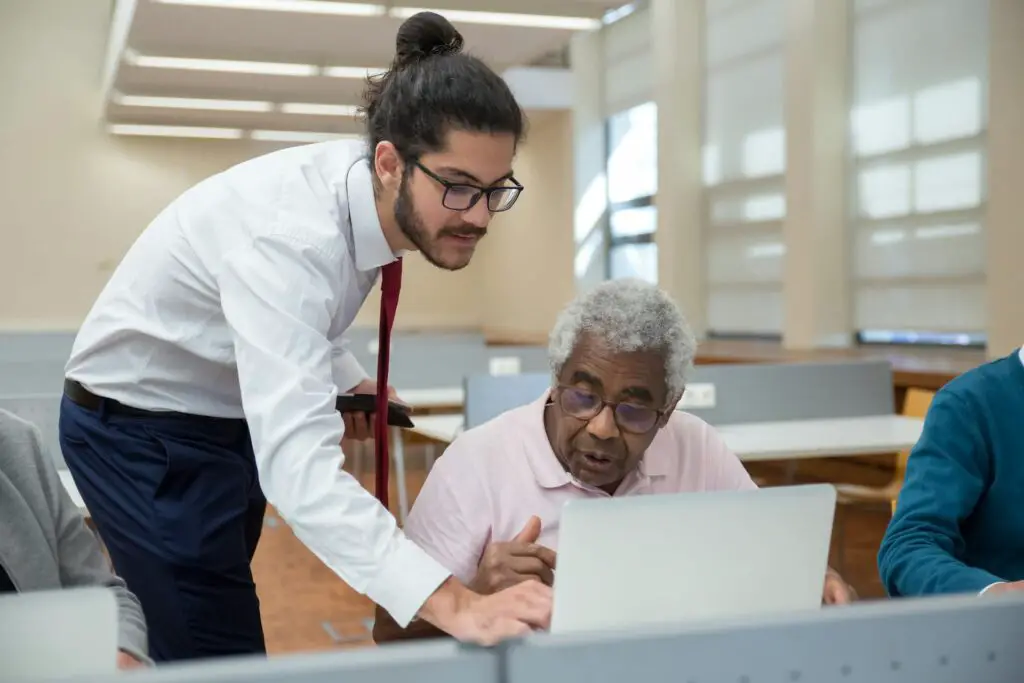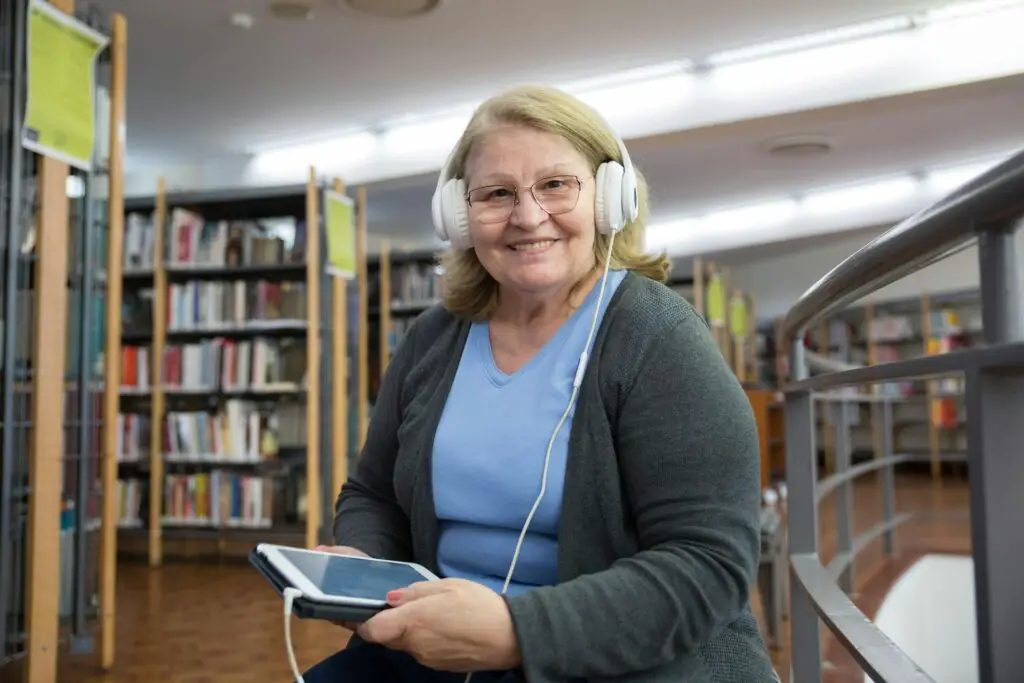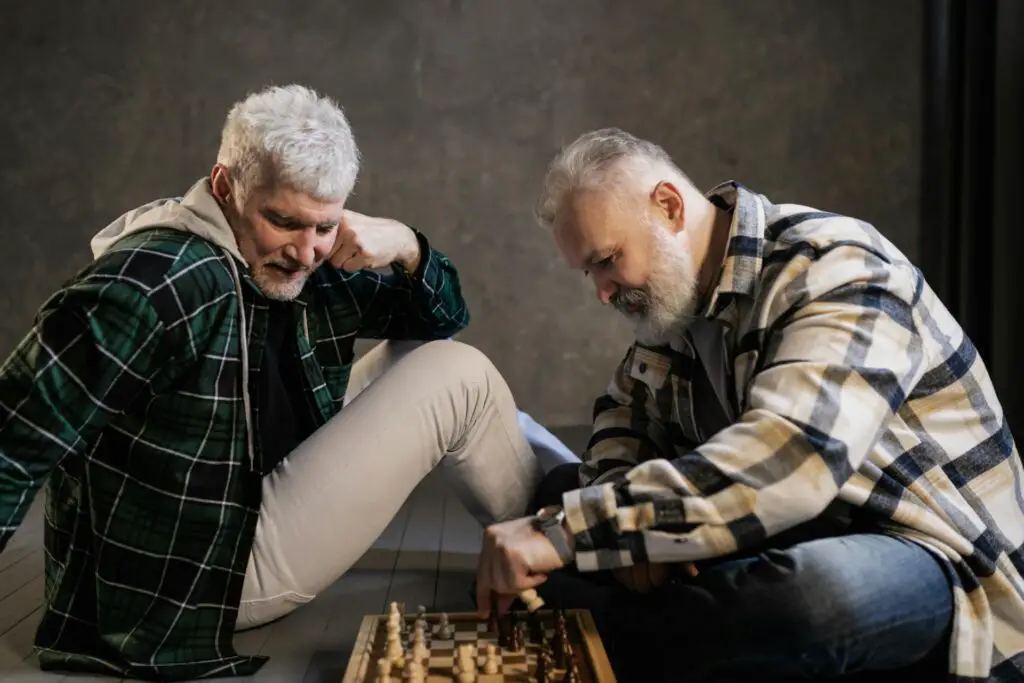Yes, You Can! 7 Fun and Free Ways to Keep Learning After Retirement

Retirement doesn’t mean learning stops. In fact, it’s the perfect time to dive into new skills, explore fresh interests, and challenge your brain—all without spending a dime. Lifelong learning keeps the mind sharp, boosts happiness, and even helps you connect with others. Whether you love reading, hands-on projects, or technology, there’s something out there for you. Here are seven fun and free ways to keep learning long after retirement.
1. Take Advantage of Free Online Courses

The internet has made education more accessible than ever. Websites like Coursera, edX, and Khan Academy offer free courses from top universities. You can study history, science, literature, or even learn a new language. Many courses include video lectures, quizzes, and discussion boards, so it feels like being in a real classroom. Harvard and MIT even have free courses online! With just a laptop or tablet, you can gain knowledge from some of the best teachers in the world—without ever leaving home.
2. Join a Local Library Program

Public libraries aren’t just for borrowing books. They offer free classes, book clubs, and workshops on everything from creative writing to computer skills. Some even provide access to digital learning platforms like LinkedIn Learning or language-learning programs like Mango Languages. Many libraries also host guest speakers and local history talks. Fun fact: The oldest public library in the U.S. is the Boston Public Library, founded in 1848. If you haven’t explored your local library lately, now is the time!
3. Attend Free Lectures and Seminars

Universities, museums, and community centers often host free lectures and events. These cover a wide range of topics, from science and history to art and philosophy. Some events are in-person, while others are streamed online. TED Talks, for example, are a great way to hear from experts in different fields without spending a cent. You never know what might spark a new passion or idea! Many retirement communities also invite speakers to discuss interesting topics.
4. Start a Learning-Based Hobby

Hobbies aren’t just for fun—they’re also great learning tools. Gardening, birdwatching, painting, or playing a musical instrument all engage the brain in new ways. For example, learning to play an instrument strengthens memory and coordination. Studies show that playing music can slow cognitive decline! Meanwhile, gardening teaches patience, science, and planning skills. Hobbies keep life interesting and give you something to look forward to each day. The best part? Most hobbies have online tutorials or local groups that are free to join.
5. Join a Discussion Group or Club

Learning is more fun when shared. Joining a discussion group, debate club, or even a philosophy meet-up keeps your mind engaged and your social life active. Websites like Meetup.com list free local gatherings on a variety of topics. If you love books, a book club is a great way to explore new ideas while making friends. Studies show that social learning improves memory and brain function. It’s proof that learning doesn’t have to be a solo activity!
6. Volunteer in a New Field

Volunteering is a hands-on way to learn while giving back. Museums, animal shelters, and historical societies often need volunteers. You can learn about art by helping at a gallery or pick up conservation skills by assisting in a community garden. Some hospitals even have programs where volunteers learn basic medical assisting skills. The best part? You’re not just learning—you’re making a difference. Plus, volunteering has been linked to increased happiness and even a longer lifespan!
7. Explore Educational Podcasts and Audiobooks

If you love learning but don’t want to sit at a desk, podcasts and audiobooks are a great option. Platforms like Spotify, Apple Podcasts, and Audible offer thousands of free educational talks on history, science, psychology, and more. You can listen while cooking, exercising, or relaxing. Some podcasts even feature interviews with top experts in different fields. Fun fact: The longest-running podcast is “The Tech Guy,” which started in 2004! With just a phone and headphones, you can turn any moment into a learning opportunity.
Conclusion

Retirement is just the beginning of new adventures. Whether it’s online courses, local clubs, or hands-on hobbies, learning never has to stop. The best part? It’s all free! Keeping your mind active improves memory, boosts mood, and makes life richer. So pick a new skill, dive into a new subject, and enjoy the journey of lifelong learning.
Leave a Reply